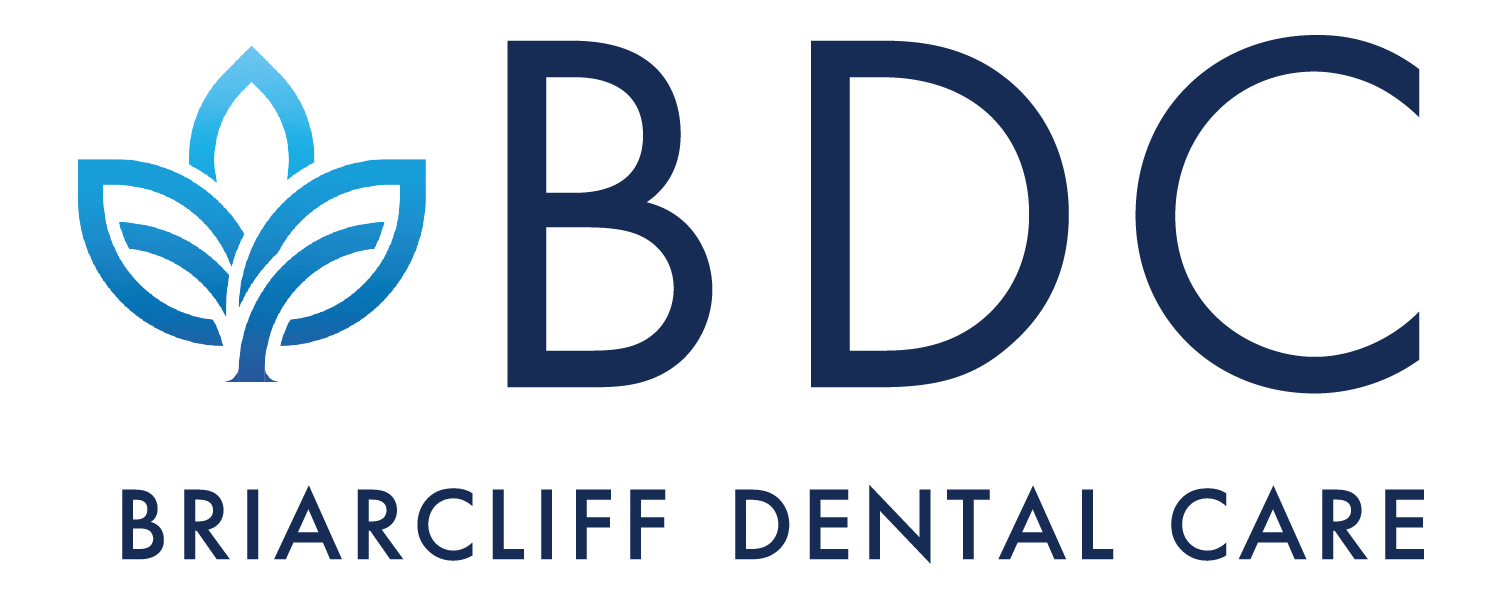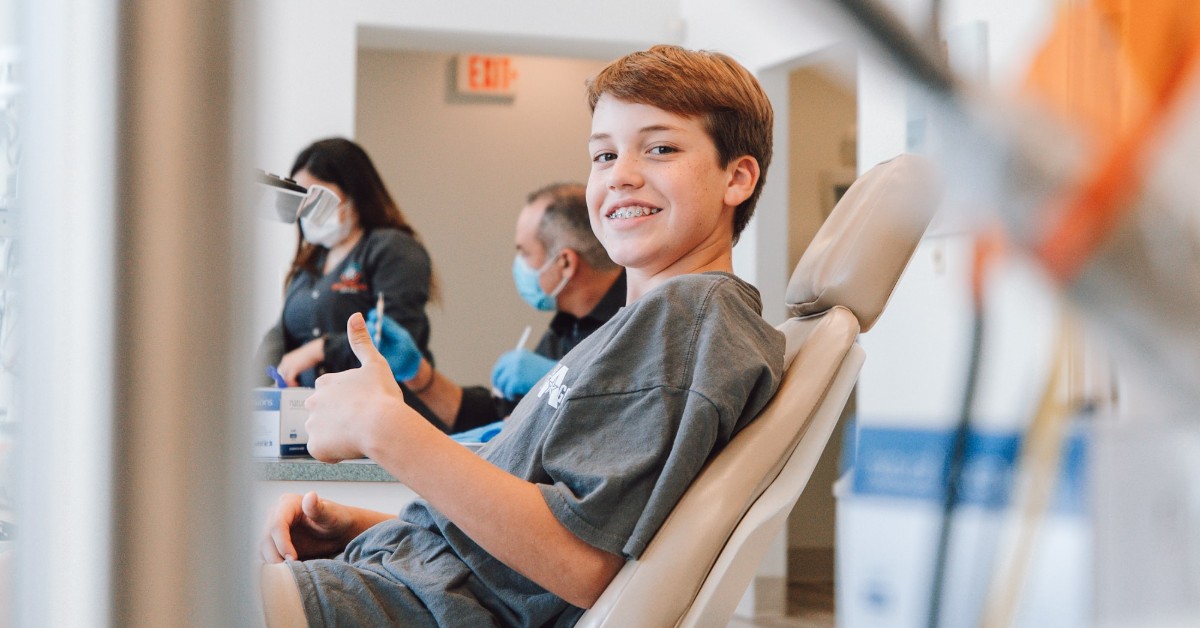In the past two decades, data indicates dental implants have gained popularity in the United States:
- In 1999, 0.7% of Americans had dental implants
- By 2015, 7% of Americans had dental implants
- An estimated 50% to 75% of Americans have lost at least one permanent tooth
- The US population is aging, and older Americans are more likely to have suffered tooth loss
- Dental implants procedures are estimated to be between 500,000 – 1,000,000 annually
The Benefits of Implant Dentistry
Tooth loss impacts chewing and appearance. A dental implant is a titanium alloy rod surgically implanted into the jawbone to replace a missing tooth. Dental implants are over 90% successful. Dental implants provide functional and cosmetic benefits such as:
- supporting surrounding teeth and jaw
- improving biting and chewing
- enhancing the appearance of damaged or loss teeth
- stemming bone loss
The Risk of Dental Implants
As popular and successful dental implants are, approximately 5% of implants do not work or cause issues. Here are certain complications:
- Swelling and pain in the gum accompanied by fever
- Chewing pain
- Recurring bad taste
- Persistent bad breath
- Abscess bleeding or pus
- Implant failure or rejection
- Loose teeth or loose implant
- New gaps between your teeth
- Peri-implantitis (infection of gum tissue or inflammation around the implant)
- Nerve tingling or damage
What Should I Do If I Have a Dental Implant Infection?
Take any of the above warning signs seriously and act urgently. Call a competent dentist. Ignoring the problem will not improve it and runs the risk of the infection spreading beyond your mouth.
Typically, any one or all six of the following protocols could address dental implant complications:
- Cleaning – medicated mouth wash or possibly an ultrasonic scaler
- Antibiotics – a cycle to help kill bacteria
- Removal – if # 1 or # 2 fail or when infection reoccurs
- Soft tissue graft – replacement of lost gum tissue
- Bone graft – replacement of lost bone tissue
- Dental Implant repeat
Early diagnosis and prompt treatment have a higher success rate and reduce the need for extreme measures. While most would want to avoid a dental implant repeat, the procedure does have a high success rate of between 90% to 95%.
What are the conditions that reduce the viability of dental implants?
Underlying conditions such as cancer, diabetes, or periodontitis are challenging for many procedures, including dental implants.
Poor dental hygiene or ignoring aftercare instructions can also promote dental implant problems. Your dentist may advise the following:
- Reduce exposure to risky physical activities (such as contact sports)
- Dietary restrictions (including avoiding hard or chewy foods)
- Prescribed antibiotics (such as amoxicillin) or painkillers (such as naproxen)
- Practice consistent dental hygiene gently
Why You Should Consider Dental Implants
Dental implants continue to gain popularity because they are effective and affordable.
What distinguishes dental implants are their looks, longevity, and structural effectiveness in replacing damaged or missing teeth down to the root. While becoming increasingly more common and safe, implant dentistry has some level of risk of complications.
That is why it is important to carefully vet the oral surgeon you select to consider this dental procedure.
If you have additional questions about dental implants, visit our North State Road office, contact Briarcliff Dental Care for a consultation or call (914) 941-1639.




